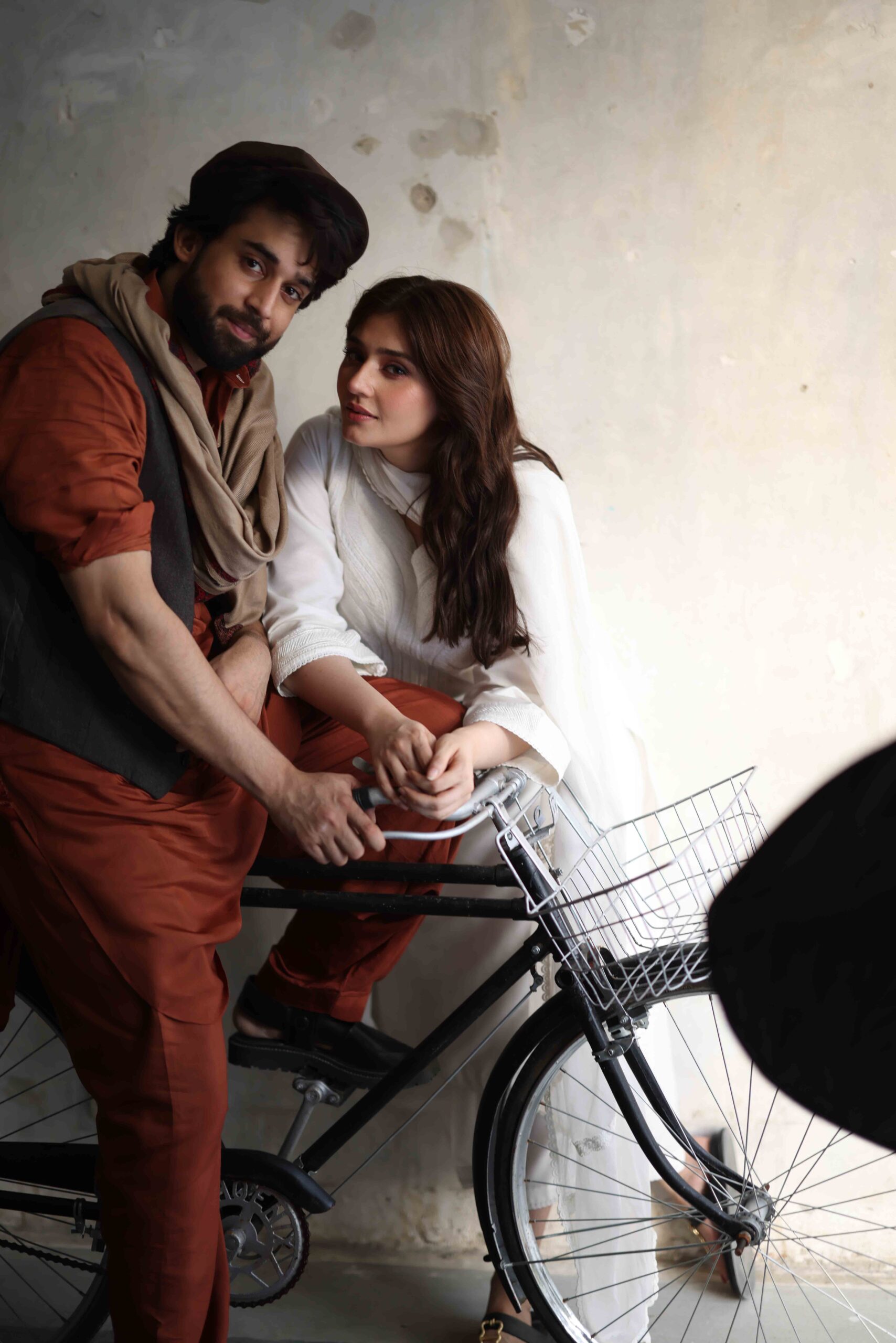Entertainment
Ishq Murshid, A Serial to Reckon With

HUM TV’s ‘Ishq Murshid,’ took the drama industry by storm with its storyline and stellar cast, featuring Bilal Abbas Khan and Durefishan Saleem in leading roles. Produced by Moomal Productions, the serial which ended recently, captivated audiences from the beginning, with its beautiful OST ‘Tera Mera Pyar’ sung by the renowned Ahmed Jahanzaib adding to its immense popularity nationwide and beyond. The drama’s success transcended television screens, dominating digital platforms as well.
According to producer Moomal Shunaid, the concept and storyline written by Khaliq Khan, instantly intrigued her with its filmy love narrative. Director Farooq Rind also found the concept appealing and readily agreed to do the project. Casting proved to be crucial and Bilal Abbas Khan was ultimately chosen for the role of Shahmeer Sikander, because Bilal was attracted to the dual characters played simultaneously in the serial. Durefishan Saleem, selected for the role of Shibra over many options, created an outstanding on-screen chemistry that became the talk of the town.

A surprising addition to the serial was the character of ‘Bhalley,’ which was not part of the original script in the beginning being improvised for a single episode, but later extended due to its immense popularity. Played by Sindhi actor Ali Gul Mallah, ‘Bhalley’ became a hit, adding depth to the storyline.
“The choice of OST was initially met with hesitation, and the OST that was approved was a different song that has a modern-day melody while ‘Tera Mera Pyar’ carried an old-world melody, I didn’t want this song as the OST, however, director Farooq Rind’s insistence led to its addition, proving to be a stroke of genius as it resonated deeply with audiences, becoming an instant hit,” says Moomal Shunaid, producer of Ishq Murshid.
The impact extended beyond screens, as proved by an experience shared by Awais Suleman who played the character of Faraz, Shahmeer’s friend, who was recognized abroad as Faraz. A foreigner approached him, asking about Shahmeer’s whereabouts.
To celebrate the historic success of ‘Ishq Murshid,’ a star-studded premiere of the final episode took place at Universal Cinema, Lahore, on May 3, 2024, followed by successful screenings nationwide, with many shows reported to be sold-out.
